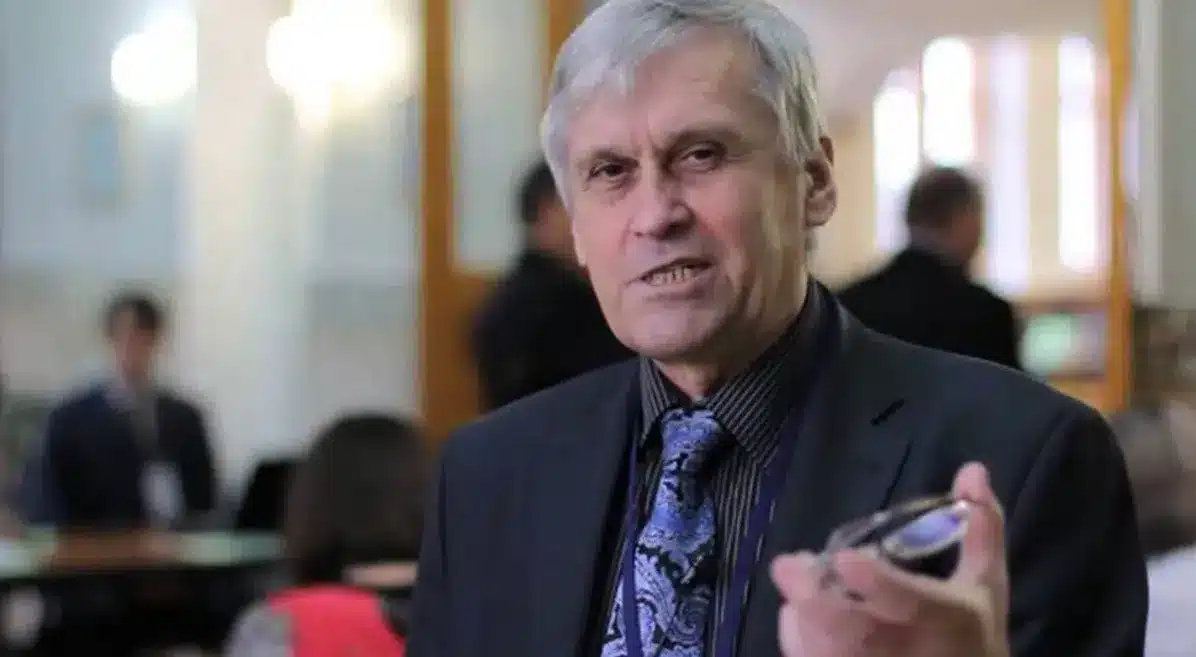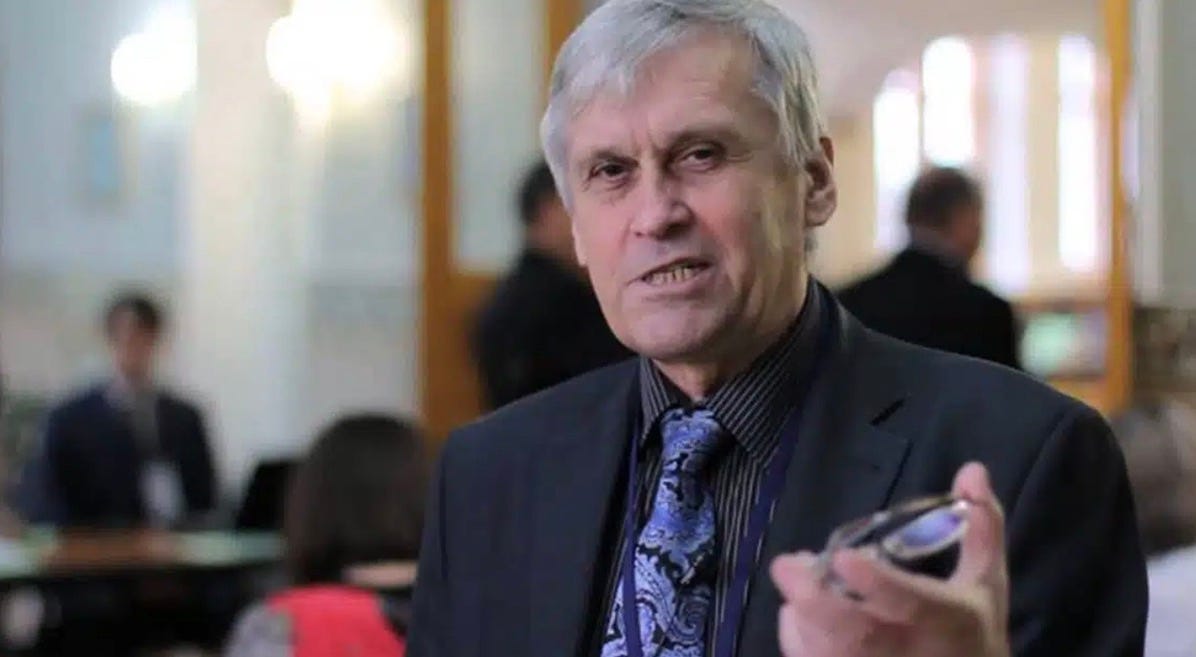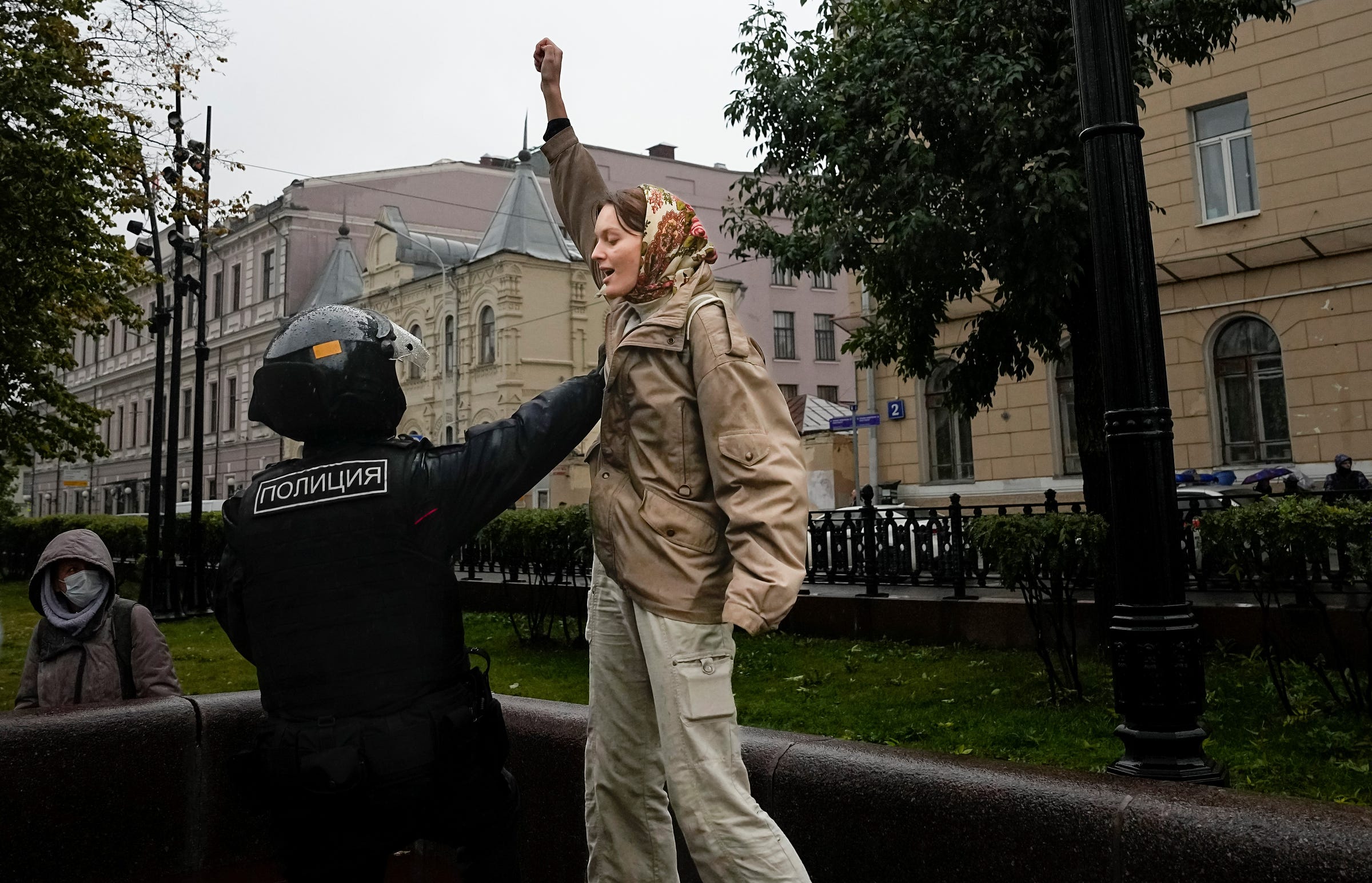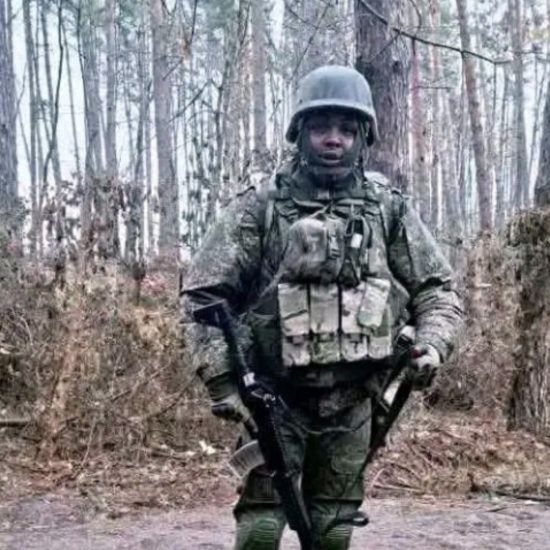
What Bible verse does a preacher turn to as he lives in exile while facing charges back home for preaching about peace? For Rev. Yuri Sipko, a prominent Russian Baptist minister, it’s 1 Peter 1:22.
Since you have purified your souls in obeying the truth through the Spirit in sincere love of the brethren, love one another fervently with a pure heart.
Earlier this month, Russian police raided Sipko’s home as they sought to charge him with criticizing the Russian military and posting “false information” online about the invasion of Ukraine. But when police showed up to arrest him on Aug. 8, he had already slipped out of the country. I spoke with him on Zoom via a translator this week as he recalled his ministry and courageous defiance in humble, matter-of-fact terms.
“The charges are based on the law that was passed immediately after the invasion,” explained Sipko, the former president of the Union of Evangelical Christians-Baptists of Russia. “This is where even the word ‘war’ itself was outlawed, it was banned. You could not call this operation a war. The word ‘peace’ was banned. You could not call for peace. And there were public arrests and fines and imprisonment and intimidation for any speech criticizing Russia’s actions.”
Despite the law, Sipko, who is 71, has been an outspoken critic of Russia’s invasion of Ukraine. He posted his objections to the war on Facebook. And he participated in an online prayer event sponsored by Mission Eurasia on the one-year anniversary of the war in February. During that event, he apologized to Ukrainians for “this crime” and said he was praying for Ukraine.
“We continue to pray constantly for the Lord to stop this bloodbath. We pray for God to protect Ukraine and the Ukrainian people,” Sipko added in February as he spoke from Moscow.
“Lord, please stop this horrible, hateful operation,” he prayed during the event. “With the hands of your angels, please stop the tanks, stop the rockets and cannons so that not a single more human life is being taken.”

Yuri Sipko. (Mission Eurasia)
Even as he lives in exile and his home’s been raided, he continues to speak out. He does so now after the Ministry of Internal Affairs of Russia put him on their wanted list on Aug. 15.
“I expected these charges,” he told me. “I’ve always maintained that the invasion was illegal, that Russia was committing a crime, that Russia’s slander of Ukraine — calling Ukraine a ‘Nazi state’ — was wrong, it was false, and that Russia had no right to start this war and continue with this war. So I fully expected the persecution, these charges.”
“I followed the word of God: ‘blessed are the peacemakers,’” he added. “I was prepared to face the authorities and deal with these charges, but it was recommended to me that there is no sense in doing that, even if you arrive you’ll just get beaten up, they’ll break your bones. So I decided to escape.”
Even as he faces this persecution, he pushed aside questions about how he is dealing with the attacks on himself.
“I don’t think much about myself. I’m lucky to have a roof over my head. I’m lucky to be in a safe place and I’ve lived a long life,” he said. “So I don’t think about myself too much. I continue to remain in the state of grief over the events that Russia’s involved in.”
“Russia continues to wage this war. There are still rockets that are being fired at Ukraine, at the Ukrainian people” he added. “The evil continues to do evil.”
And for Sipko, this isn’t the first time he has seen an evil regime persecute Christians.
Following His Father
Born when Joseph Stalin still ruled the Soviet Union and coming of age during the reign of Nikita Khrushchev, Sipko grew up in a time when Christians were persecuted. One of 12 children, he and his siblings experienced discrimination because of their parent’s Baptist faith as they lived in the Omsk region in southwestern Siberia.
“Baptists were considered to be one of the main enemies within the country,” he said. “As children, we were discriminated against at school. We weren’t accepted to the Young Pioneers [a compulsory Soviet youth organization] and there was frequent bullying and threats that we would be taken away from our parents and sent to an orphanage.”
Additionally, he saw the persecution of his father, a Baptist minister, who was sentenced to five years in prison. This created hardships for his family and the church, but Christians continued to gather in homes to read the Bible and pray. Eventually, Sipko followed in his father’s footsteps, becoming a deacon and then the pastor of a church.
“It was very difficult to maintain fellowship. It was very difficult to get your hands on the Bible even, but we did our best to continue with the ministry and fellowship,” he recalled.
In 1993, Sipko was elected a deputy leader of the Russian Baptist convention. He later served as president of the body from 2002-2010. He also served as a vice president for the Baptist World Alliance from 2005-2010.
“This was the time of new freedom,” he said about 1993 as he noted the Soviet Union collapsed and new religious freedoms were legally established. “We had full access to any institution where we were able to visit and preach. We organized a tour of the popular film at the time, The Jesus Film. So we toured around the country with that film. There were many opportunities to plant new churches. There were opportunities to publish literature, song books, Bibles. A very free time. And at that time, there were many opportunities to convert more people to Christ.”
But, he added, it was “only a short-lived time of freedom.” In the late 1990s, some restrictions started. For instance, he mentioned a 1997 law gave special privileges to the Russian Orthodox Church and put some restrictions on the missionary work of other groups. Later as president of the Russian Baptist convention, he spoke out against other proposed restrictions. In 2016, Vladimir Putin signed a new law that further targeted missionary and evangelistic activities. Sipko denounced it then as “the loss of common sense by people of the government” and evidence of “the spiritual damage of power.”

A police officer detains a demonstrator during a protest against a partial mobilization in Moscow, Russia, on Sept. 24, 2022. (Associated Press)
As Sipko noted in our conversation, the last several years have particularly brought the persecution of Jehovah’s Witnesses and Scientologists as their movements were outlawed. But Pentecostals and Baptists have also been frequently targeted for prosecution since the 2016 law. Sipko also said this period over the past several years brought various efforts at “limiting the ability to access platforms where the churches speak and spread their message in Russia.”
“There have been several trials to shut down churches … and those trials were very public and demonstrative,” he said. “Any criticism of the government’s policies was strictly controlled. You can say it even started in 2008 with the war in Georgia, with the Russian invasion of Georgia when any speech aimed at disagreement with that policy was criticized and suppressed. And I can say that the leaders of the church did make concessions and allow the government to infringe on that and make compromises.”
The invasion of Ukraine brought even more suppression of dissent, Sipko said. He lamented that many people didn’t need to be silenced as some “leaders of the church expressed personal support for the government’s actions.” But while some of his fellow Russian Christians don’t share his sentiments, Sipko has earned praise from those across the border. The All-Ukrainian Union of Evangelical Christian-Baptist Churches condemned the raid on Sipko’s house and praised him for being a “voice of conscience of the Christian community in Russia.”
So I asked him what his advice was for Christians wherever they might live to find the courage he embodies to speak for truth and peace no matter the consequences.
“My words of encouragement, my wishes are that Christians continue to look at Christ and listen to the word of Christ. As Christ said, ‘I was persecuted and so you will be,’” Sipko said. “Remember the brothers in the Soviet Union not so long ago who were actively persecuted, who were imprisoned, and as soon as they got out of prison, they continued to preach the word.”
As a public witness,
Brian Kaylor






